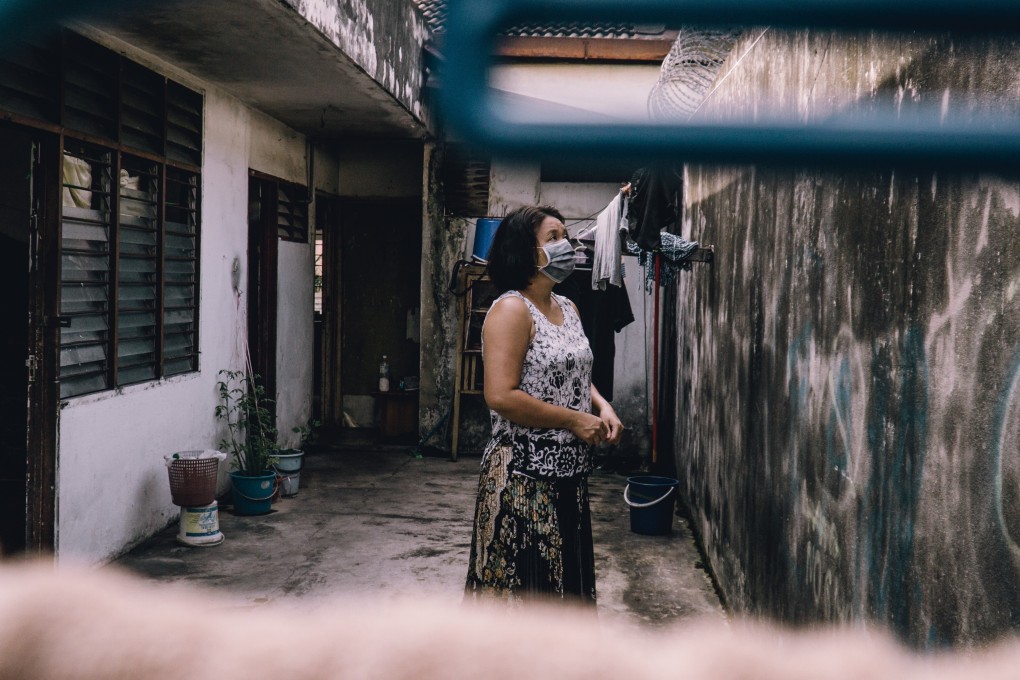No way out: the undocumented migrants caught between a rock and a hard place in Malaysia
- For undocumented workers from Myanmar, life was hard in Malaysia even before the coronavirus pandemic came along
- Many are now trapped by debt, unable to work, feed themselves or find a way home. Some have paid the ultimate price

On February 18, Banyar was arrested during a raid on the restaurant where he worked. Following a month in detention, he was deported. Sabe Phyu lost her restaurant job in mid-March due to coronavirus containment measures which forced the temporary closure of many businesses. She now fears going outside due to her lack of legal status, is trapped in debt, and is barely able to feed herself. Without documentation, she is ineligible for a repatriation flight. Instead, Banyar plans to make another illegal border crossing to get back to her.
There are an estimated 4 million to 6 million migrants in Malaysia, including 2 million to 4 million who lack legal status. Of the roughly 550,000 migrants from Myanmar, nearly half are undocumented. While some entered the country illegally, others were duped by agents or are unable to renew their visas.
Life has become increasingly difficult for undocumented migrants in Malaysia during the pandemic. Since early May, the authorities have instituted an immigration crackdown, arresting thousands in apartment raids. In late May and early June, Malaysia’s detention centres became the country’s epicentre for the virus. Out of nearly 5,000 detainees, 777 tested positive.

Detained undocumented migrants are typically held for three to six months and sent to their home countries after their citizenship is confirmed by their embassies. On May 12, Malaysia sent nearly 400 detainees back to Myanmar, and on June 8, announced plans to deport 3,000 more.